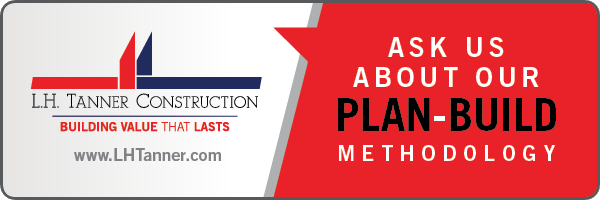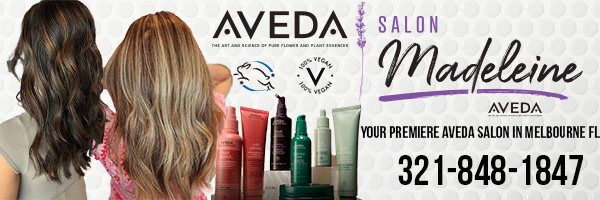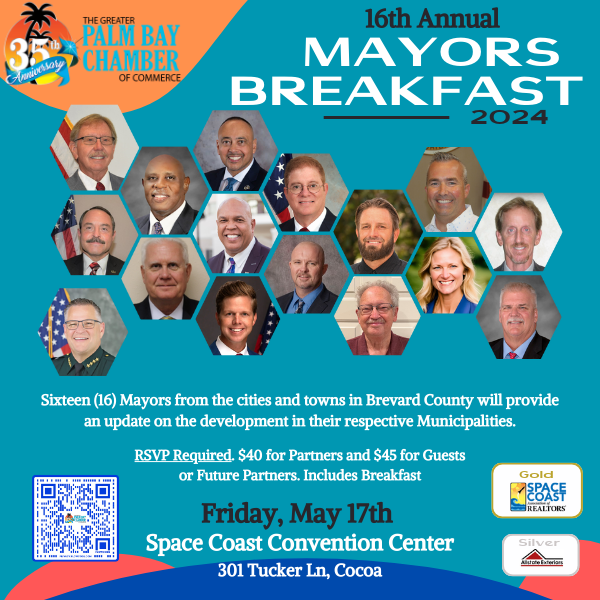Proper Workplace Etiquette: Let’s review good office manners

Etiquette refers to good manners — a customary code of polite behavior required by an individual to gain respect and appreciation from others. Based on your own values and experiences in life, you may think you practice good office etiquette. However, good manners in and out of the workplace can make a significant impact in your daily encounters and even create career advancement opportunities. Let’s review some basic rules to follow in life and at work.
Treat others how you want to be treated
Be polite, respectful and kind. Greetings such as hello, good morning, and goodbye are courteous. Say, “I’m sorry” when appropriate, if you are rude or short, or if you make a mistake. If you want to leave a good impression or an imprint on everyone you meet, be kind. When a coworker is unhappy, a simple compliment can lift his or her spirits. This compliment can change a person’s entire day, thus creating a positive impact.
Other courtesies such as “excuse me,” can be used for interrupting someone, accidently bumping into someone, and being in someone’s personal space.
Weak handshakes are unacceptable. Your handshake should be firm, but not crushing. Handshakes often provide the first impression, so make it memorable, just like you.
Office meals. There are several basic rules to follow during office luncheons, client meetings, and any mealtime. In a small group setting, the first rule is to wait for your host — to order, to make a toast, or to begin eating.
If ordering a meal, you may want to avoid most salads, which tend to have very large pieces of food, and hand-held foods such as hamburgers or hot dogs. Always use your utensils starting with the outward pieces. When finished with the meal, place your napkin on the left side of your plate, all stains face down.
If you need to leave the table, fold the napkin over the back of the chair, ensuring the cleanliness of the napkin when you return.
Punctuality. Always arrive on time, or be a little early. How can you expect to make a great first impression if you are tardy? Your interview literally begins with an apology, which may set a negative tone. If you know you are going to be late to a meeting or interview, notify someone. Don’t just ‘show up’ and make excuses. Forgiveness comes easier if you always show consideration to your peers, client, and co-workers.
Cell phone. Your phone should be on vibrate or preferably switched off during meetings. Unless your cell phone is an integral part of your meeting, it has no place on the desk. Place it face down so you are not distracted, or place it in your pocket or purse. The phone can be an interrupter and may send a message to the speaker that they are not important. Show respect for the interviewer’s and co-worker’s time.
Odors. Perfumes, body oils, deodorant, and cologne all distract and can cause allergic reactions. Today, most companies have guidelines about offensive odors in the workplace. Your co-worker or interviewer should not be able to detect odors from you — only see you.
Another offensive odor is residual smoke due to smoking. If you smoke during work hours, suggestions to remove the odor include washing your hands several times, using hand sanitizer, using mouthwash or chewing gum. Clients and employers may find the smell offensive and refuse to hire a smoker.
Dress attire & personal grooming. Dress for success! If you want that next job or promotion, follow the culture of your company. Never wear anything that reveals too much skin. Avoid wearing jeans, t-shirts, political mottos, and shorts. Female employees should not wear revealing dresses or low-cut blouses to work. Men should avoid shorts and flipflops.
Stealing (time). How long does it take to make a cup of coffee? Recent studies show coffee talk can be the most unproductive part of your day. Are they right or does this strengthen team bonds? Either way, limit yourself to no more than 10 minutes in the kitchen.
Gossip & privacy. Employees sometimes confuse work with personal time. A workplace is where you share ideas and create solutions relating to the business at hand. Try to avoid discussing controversial subjects such as politics or religion.
Do not spread rumors. Your workspace may offer a false sense of privacy, but this can lead to unintended consequences, even if you are careful. Keep it professional and don’t bring personal problems to the office.
Ghosting is unacceptable. Ghosting, a word coined from dating websites, has crept into the workplace. Professional ghosting (ignoring) of a colleague, or someone trying to contact you is unacceptable and rude. When projects require collaboration, be kind and respond accordingly. If appropriate, respond with a simple “No, thank you, I am not interested.” If the respondent then keeps bothering you, then it may be okay to ghost, as you’ve tried to be respectful and believe the other person has crossed a reasonable boundary.
The next time you go to your workplace, respect your coworkers and the organization. Think about how you can add value while creating a positive impact. Leave your personal business at home and put on your game face.
As the owner of a staffing firm, I meet all types of people every day. Whether I am meeting someone for the first time, or for the umpteenth time, the one thing that should remain steadfast is the practice of having good manners. By displaying proper etiquette and showing good manners, you should gain more respect within your personal life — and while at work.
StarStaff President and Headhunter Avery Plavin has been helping businesses expand their human capital for over 20 years. She offers contingency and retained staffing including permanent, temporary, and temp-to-perm. She has partnered with Fortune 100 companies, private entities and smaller businesses to help facilitate their staffing needs. At StarStaff, Avery helps clients prosper by providing one-of-a-kind staffing services that include competitive analysis, tools, expert resume writing, and resources — all allowing both the individual and organizations to remain competitive in our ever-changing market.
Read more articles in our DIGITAL MAGAZINE.








